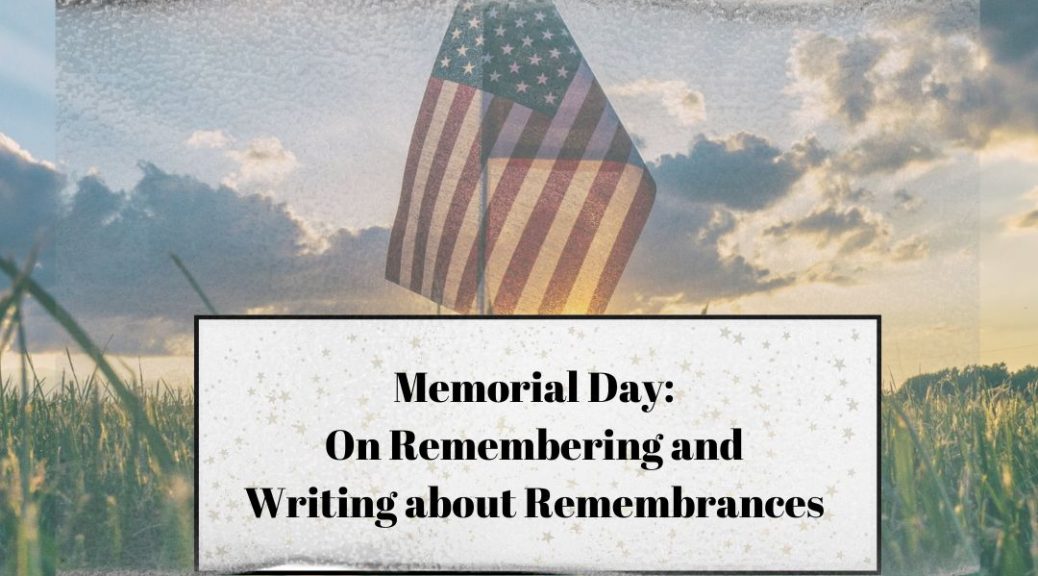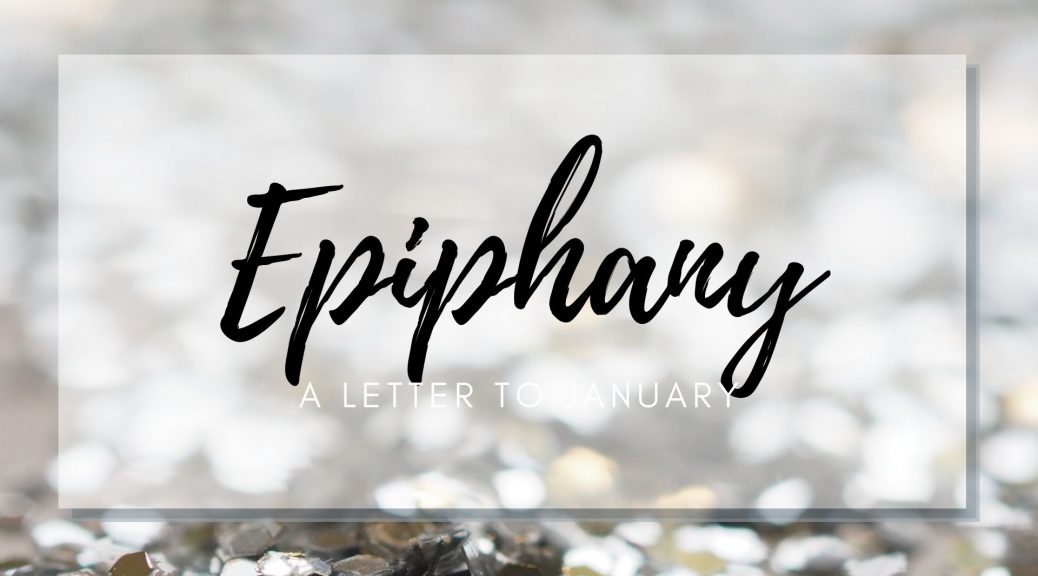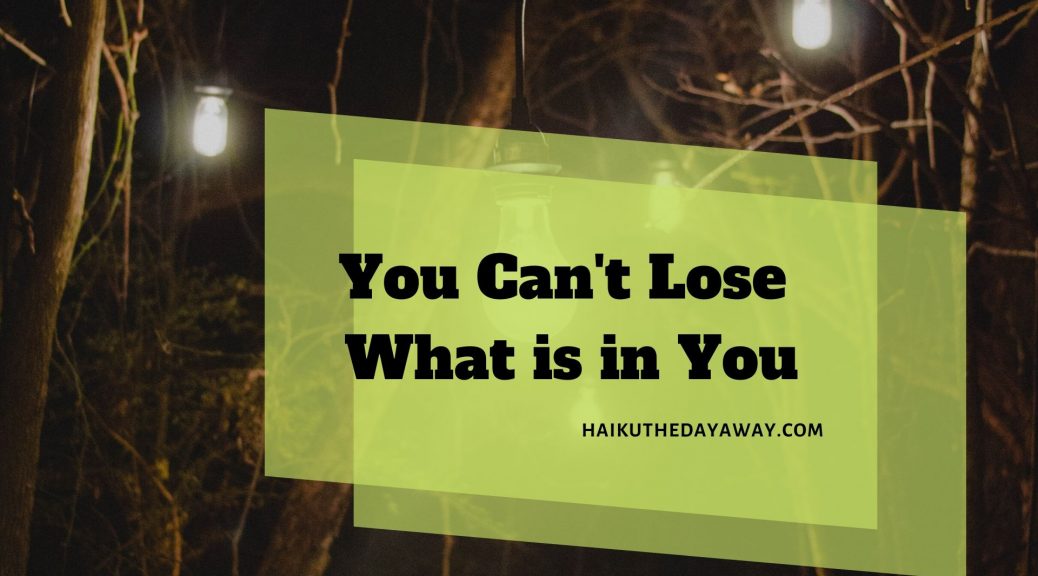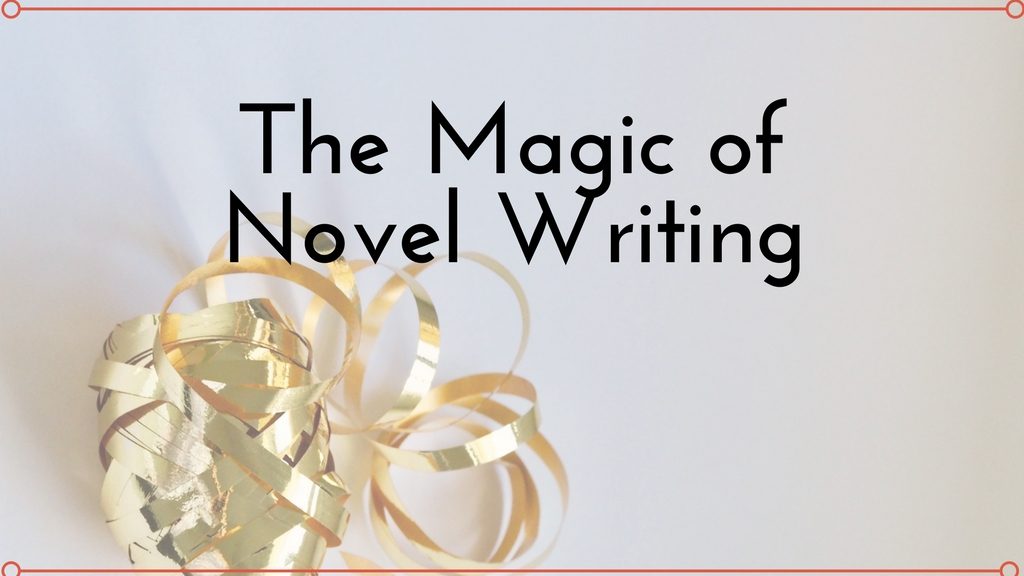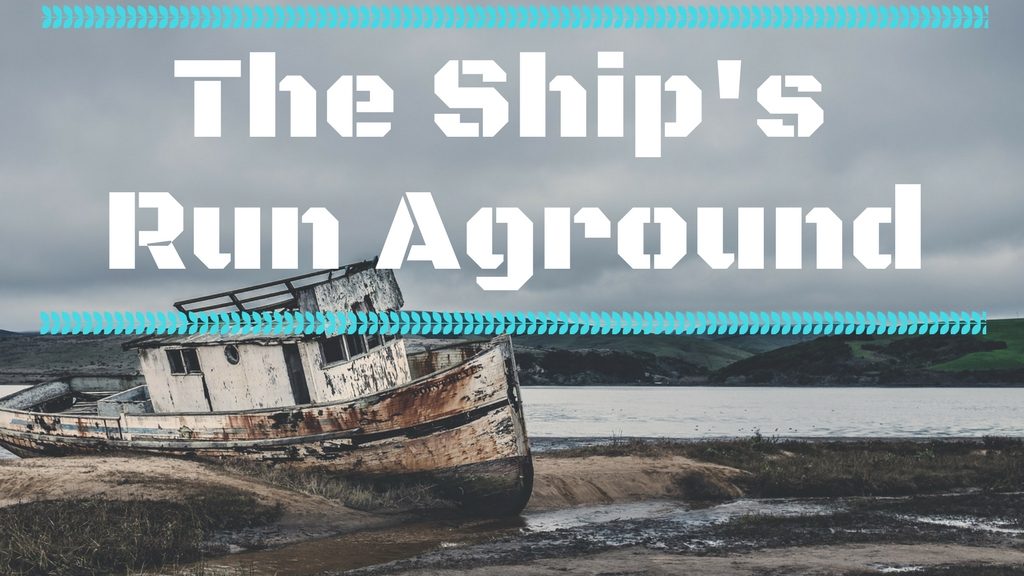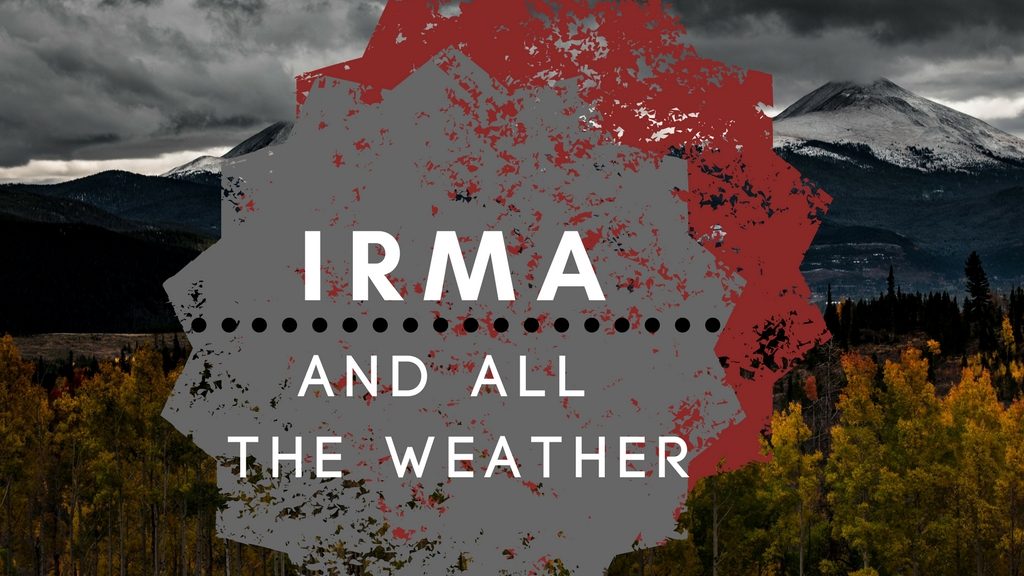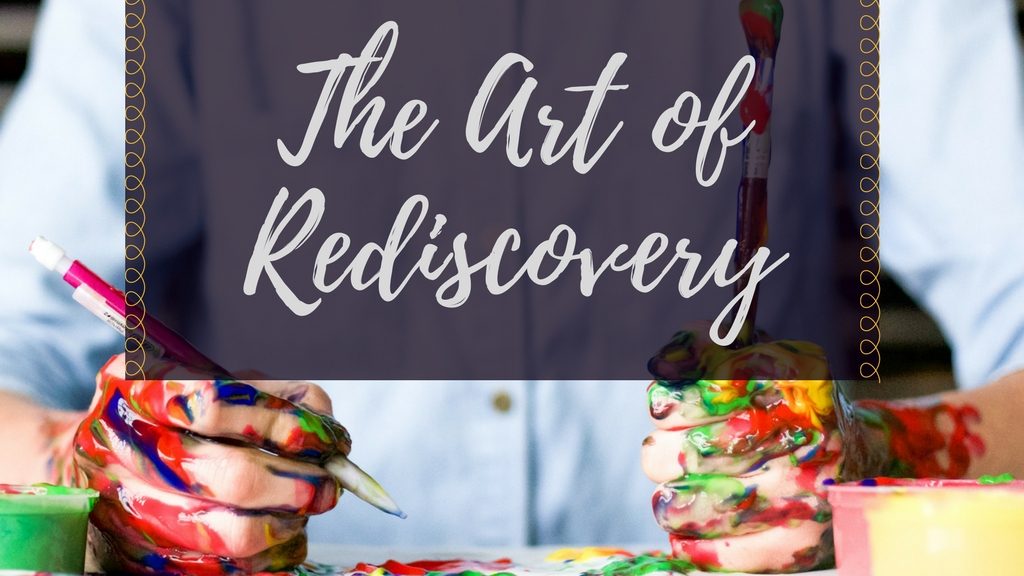Memorial Day: On Remembering and Writing about Remembrances
I played cards with his parents. I sabotaged his daughter’s wedding. I lived with his sister. He called me on the phone. We talked about wars: the one he was born into and the one he volunteered for and the ones he started. Today, I struggle for words. Today is the day Earl Nash died. Memorial Day 2024. He was my uncle. He made hard choices: bad choices, good choices. Isn’t this the story of all our lives? He did…
